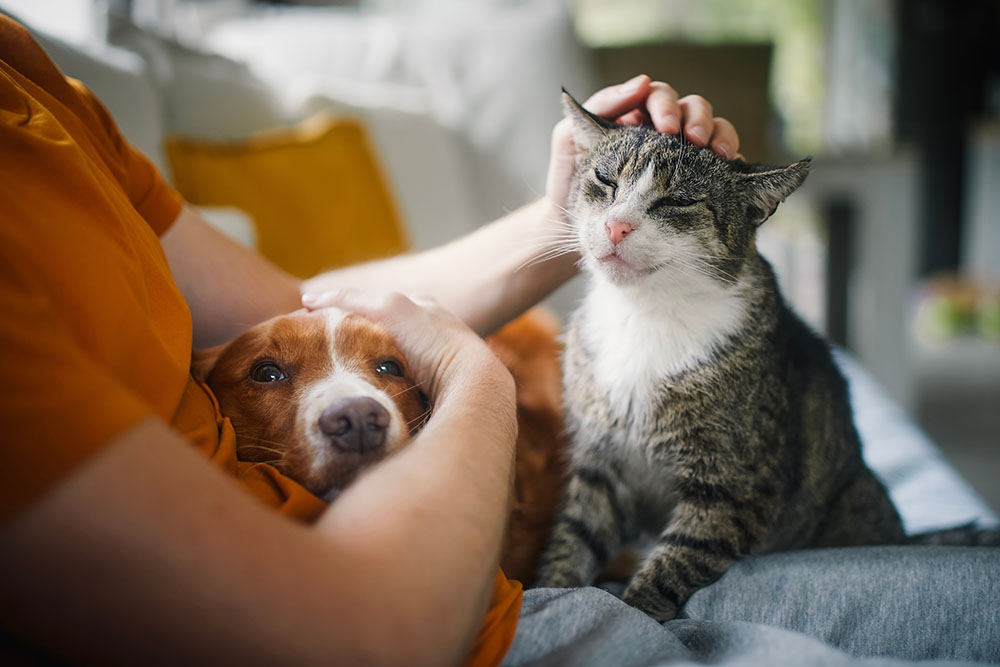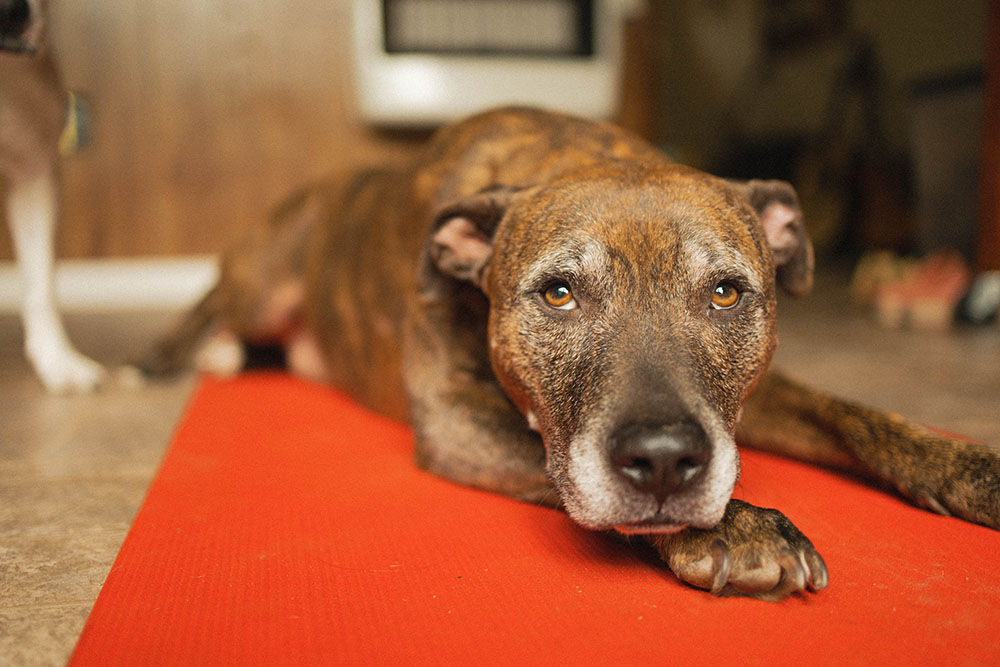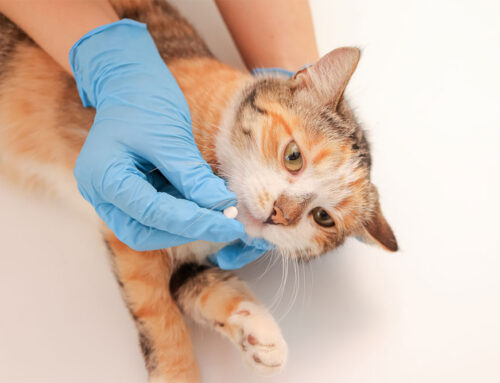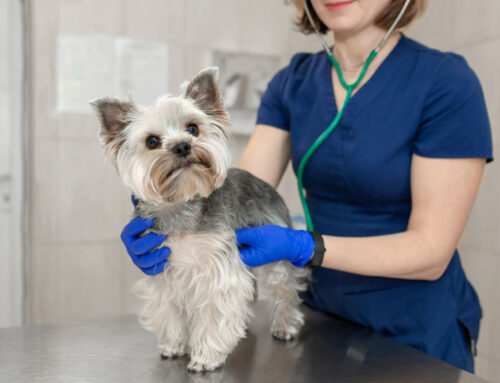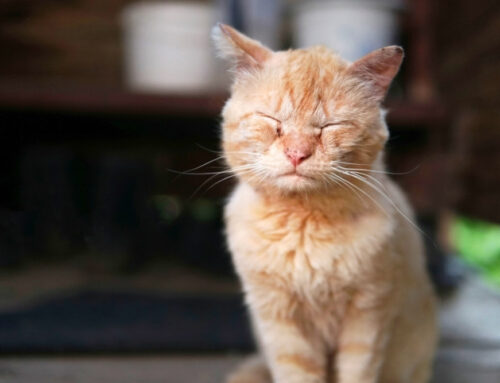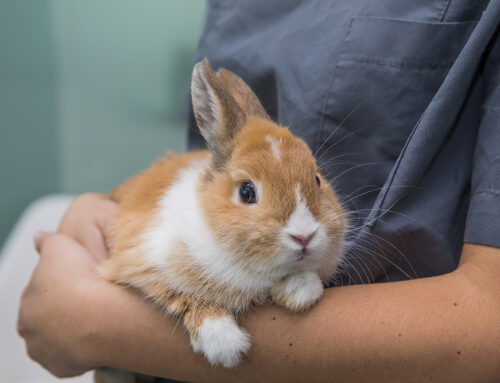Guiding Your Pet Through the Golden Years: Senior Pet Care in Parker, CO
Parker Center Animal Clinic | Parker, Colorado
One day your dog bounds up the stairs without hesitation. The next, there’s a pause, a struggle, maybe even a whimper. Aging often sneaks in gradually, making it easy to overlook until the signs become obvious. Recognizing the shifting needs of a senior pet is one of the most important steps you can take to ensure their comfort, health, and happiness.
At Parker Center Animal Clinic, caring for older pets means more than managing medical conditions. It’s about protecting mobility, easing pain, supporting mental sharpness, and helping pets continue to enjoy the simple joys that make life meaningful.
What Counts as “Senior” in Pets?
Not all pets reach their senior years at the same pace. Breed and size are major factors:
- Small dogs and cats: typically around 7–10 years
- Medium dogs: 6–7 years
- Large and giant breeds: as early as 5–6 years
Age is only part of the story. Energy levels, appetite, mobility, and personality shifts often give a clearer picture of when a pet is entering their senior stage. Catching this transition early allows for preventive care and adjustments that preserve quality of life.
For pets seven and older, the clinic’s Senior Optimum Wellness Program provides regular exams, advanced diagnostics, and preventive care packages designed to detect kidney, liver, heart, and thyroid disease before symptoms become obvious.
Recognizing the Signs of Aging
Changes in senior pets are often subtle. They may still enjoy their routines but tire faster, hesitate before jumping, or become more vocal at night.
- Mobility struggles such as difficulty with stairs, stiffness after rest, or limping
- Behavioral changes like confusion in familiar spaces, accidents indoors, or nighttime pacing
- Appetite and sleep shifts that signal internal discomfort
Many of these behaviors overlap with cognitive dysfunction syndrome, a dementia-like condition that affects senior dogs and cats. Early recognition allows veterinarians to introduce enrichment, medications, or supplements that extend both comfort and quality of life.
Health Conditions Common in Senior Pets
Joint and Mobility Problems
Arthritis is one of the most frequent diagnoses in older pets. It causes stiffness, reluctance to walk, and sometimes licking at sore joints. Subtle pain behaviors are often missed, but the AAHA signs of pain guide shows how even small changes, like avoiding stairs, can be red flags.
Simple adaptations such as orthopedic beds or ramps can help, but most pets also benefit from medical support. Assistive tools, highlighted in this guide to arthritis support, make daily life safer while reducing discomfort. Parker Center Animal Clinic also employs a multi-modal arthritis management plan that includes NSAIDs, Adequan injections, laser therapy, and nutraceuticals like Dasuquin.
Dental Disease
Dental problems cause more than bad breath. Gum inflammation and tooth loss affect eating habits and can spread infection to organs like the heart or kidneys. Signs such as drooling, pawing at the mouth, or avoiding kibble should prompt a dental exam. Professional cleanings paired with home brushing preserve health and comfort.
Organ Decline
Kidney, liver, and heart disease become more common as pets age, yet early warning signs are often subtle. Routine lab work, including urinalysis and blood pressure screening, is essential for detecting issues before they progress. A complete senior panel can reveal problems long before symptoms are obvious, giving pets a better chance at effective treatment.
Nutrition for Aging Pets
Diet is one of the most powerful tools for keeping senior pets healthy. As metabolism changes, some animals need fewer calories to prevent weight gain, while others benefit from calorie-dense diets to preserve muscle mass and strength. What they all share is a greater need for targeted nutrition that supports the body systems most affected by age.
Key nutrients include:
- High-quality protein to maintain muscle strength and repair tissues
- Omega-3 fatty acids to ease inflammation and protect brain health
- Antioxidants to fight cell damage and support immune defenses
- Glucosamine and chondroitin to cushion joints and slow cartilage wear
Many senior diets combine these elements, but supplements can also fill specific gaps.
Creating a Supportive Home Environment
Older pets thrive when their homes adapt to their changing needs.
- Non-slip rugs protect against falls on hardwood floors
- Ramps or pet stairs reduce strain on hips and knees
- Elevated food bowls minimize neck discomfort
- Orthopedic beds provide joint relief
- Easily accessible litter boxes or resting spots reduce stress for senior cats
The arthritis-friendly home guide outlines simple but powerful ways to keep older pets safe and comfortable. The clinic’s weight management programs and exercise recommendations are also tailored to help pets stay mobile in their own environment.
Supporting Mental Health and Enrichment
Aging affects more than the body. Senior pets also need mental stimulation to stay sharp.
- Puzzle feeders and scent-based games encourage problem-solving
- Short, predictable routines reduce stress for anxious pets
- Gentle play and interaction foster connection and engagement
If you notice confusion, disorientation, or house-soiling, these may be signs of cognitive decline. Creating a cat-specific care plan is also important, and our clinic’s Cat Friendly certification ensures that feline patients receive stress-free, tailored support during each visit.
Veterinary Care for Senior Pets
Senior pets benefit from exams every six months, even if they appear healthy. These visits give veterinarians the opportunity to track subtle shifts and address problems before they worsen.
A typical senior exam includes:
- A nose-to-tail physical exam
- Blood and urine testing, including kidney, liver, and thyroid screening
- Pain and mobility assessments
- Adjusted vaccination plans based on lifestyle and health status
The AAHA accreditation held by Parker Center Animal Clinic reflects the highest standards of care, ensuring that every senior wellness exam is performed with precision and compassion.
Frequently Asked Questions
Is weight gain normal in older pets?
Not necessarily. Weight gain or loss often points to health concerns. Monitoring diet and routine exams help identify the cause.
Do senior pets still need exercise?
Yes! Gentle, consistent exercise maintains strength, balance, and mental clarity. Avoid high-impact activities.
How can I tell if my pet is in pain?
Look for subtle signs like hesitation before climbing stairs, reduced appetite, or unusual behavior. The AAHA pain signs guide is a helpful resource for owners.
Should my older pet still get vaccines?
Yes, but schedules may be adjusted to balance protection with individual health risks.
Supporting Your Pet Through Every Chapter
Aging does not mean losing quality of life. With proactive veterinary care, thoughtful home adjustments, and a commitment to recognizing pain early, senior pets can remain happy and engaged for years to come.
At Parker Center Animal Clinic, we partner with families to support senior pets through every stage, whether it’s wellness exams, mobility management, or tailored nutrition. Our Senior Optimum Wellness Program is designed specifically for pets seven years and older, combining twice-yearly exams with advanced diagnostics, nutritional guidance, and arthritis management strategies. These packages help us detect subtle changes early and provide personalized care that truly makes a difference in longevity and comfort.
If you’re noticing changes in your pet or simply want to be proactive about their health, contact us or schedule a senior wellness visit today. Together, we’ll build a plan that ensures your pet’s golden years are lived with comfort, joy, and dignity.


